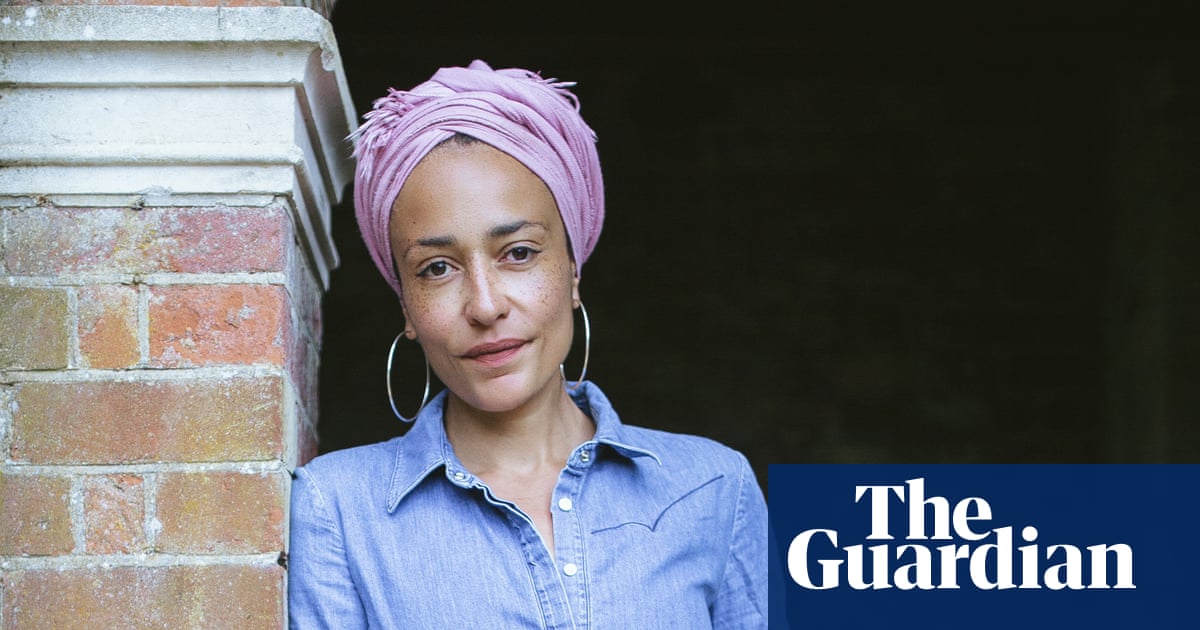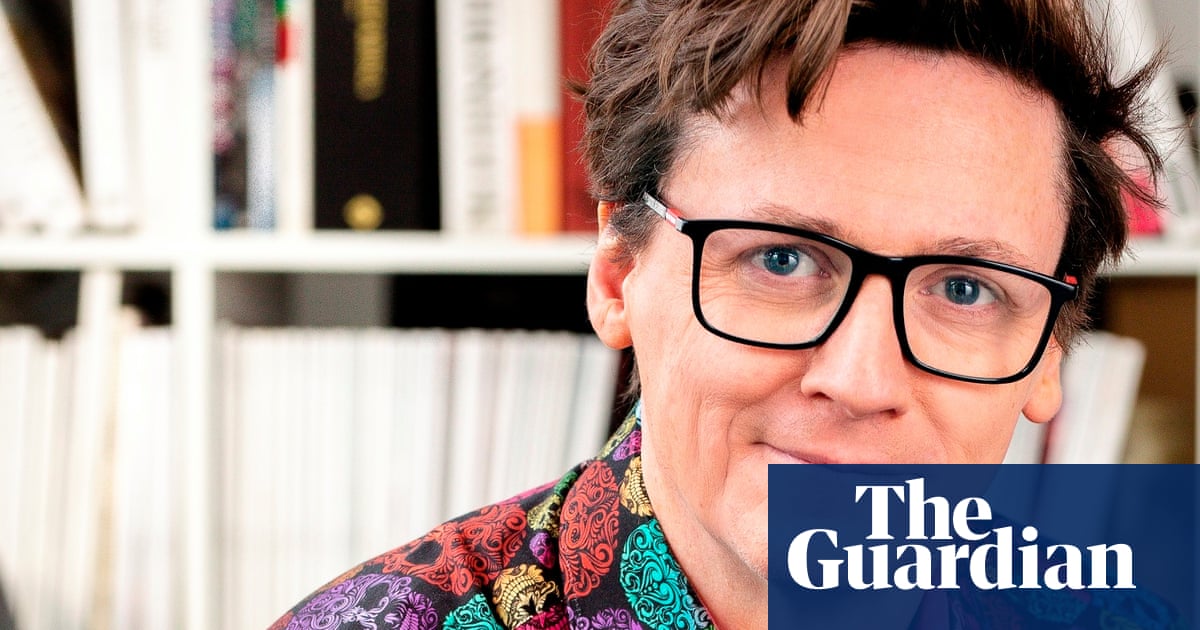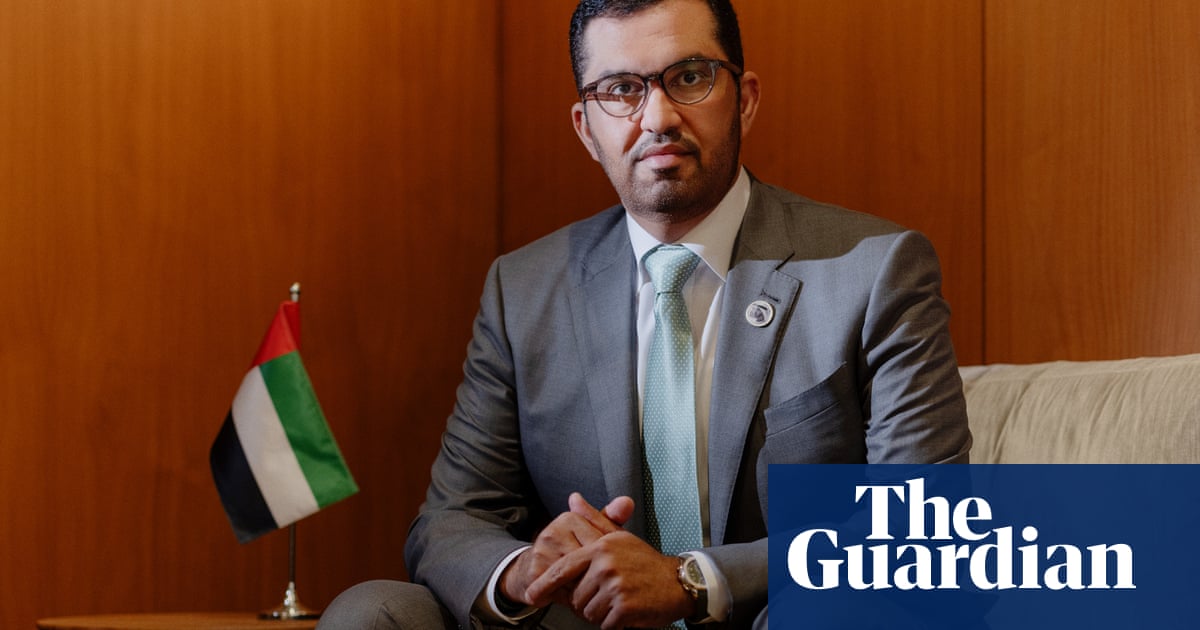
n 2000, after a decade of caring for his ailing mother in her large flat in Rome, Gianni Di Gregorio wrote a comedy about a bloke called Gianni who looks after his 93-year-old mother in a large flat in Rome. No one was interested in the story, in which the unemployed bachelor ends up running around after a cohort of old ladies whose spirit and vigour remain undimmed despite various ailments. Everyone thought he was crazy: who would be interested in a funny film about four old women and a middle-aged bloke?
Then, after a life working in the theatre and as an assistant director, Di Gregorio co-wrote the celebrated mafia drama, Gomorrah, with Matteo Garrone, and his fortune changed. Garrone encouraged him to resurrect his earlier film idea and offered to produce while Di Gregorio starred and directed. Mid-August Lunch – a gorgeous, unsentimental comedy in which the collective naughtiness of the old ladies entertains more with each viewing – went on to win the debut director prize at the Venice film festival in 2008 and became an Italian arthouse hit.
Two more films starring “Gianni” followed: The Salt of Life, the celebrated sequel to Mid-August Lunch, in which Gianni’s 96-year-old on-screen mother plays poker with her friends while her son laments his increasing invisibility to women (without, thank God, ever being lascivious) and the lesser known Good for Nothing, in which Gianni is a put-upon civil servant who has to learn to say no. And now there is Citizens of the World, a tender comedy in which yet another version of Gianni – this time a retired Latin professor – plots with two other pensioners to move to a country where their state pensions will go further. Until, that is, a young African migrant makes them rethink their plans.
When I first met Di Gregorio in 2011, he took me on a tour of Rome in his 40-year-old Fiat 500, rolling cigarettes as the car bumped over the cobbles around the Colosseum and laughing about the fact that Mid-August Lunch could never have been made with old men because “they would have spent the entire film crying and being hypochondriacs! The men you see sitting in the bar in The Salt of Life won’t even go to the cinema to see the film they’re in, whereas the women in Mid-August Lunch were planning trips to Venice.”
And yet, during the decade that followed The Salt of Life, he changed his mind and made Citizens of the World. Why? Di Gregorio, now 71, is talking on the phone from the large flat in Rome in which he has lived with his wife and two daughters since his mother’s death; I am immediately reminded of his warmth, humility and throaty laugh. “I will tell you why! Matteo Garrone called me and said, ‘You are the specialist when it comes to making films about old guys. You have to make a film about a group of male pensioners with very small pensions.’ It was such a simple but brilliant idea. There aren’t enough portrayals of adventurous pensioners on screen, nor explorations of friendship between men.”
The various versions of Gianni that Di Gregorio plays in his films allow the director to explore different stages of his life and, as he ages, he is finding himself more like the women planning trips to Venice than the lazy men in the bar. “The older I get, the fewer fears I have. Nowadays 70 is young! There is still so much to do, so much to explore.”
In 2011, Di Gregorio told me that he searches for the comedy in life because he is melancholic by nature; he is also very good at using irony to explore ageing, in a similar way to Larry David. Might he even be the Italian Larry David? He laughs. “Grazie! Grazie! I am truly flattered by that comparison. Seeing yourself with irony is particularly important when you’re in your 70s.”
Like David’s Curb Your Enthusiasm, Di Gregorio’s work is about nothing and everything. There is always the portrayal of the everyday in Italy – a glass of white on the pavement outside a bar, a thin slice of pizza a taglio – but, in Citizens of the World, there is also open criticism of the Italian government’s shameful handling of migrants. “While I was writing about the escapades of three pensioners, there were stories on the news every day of migrants arriving in Italy on dinghies or of boats overturning and migrants drowning. I got the idea of a young African guy, Abu, hanging around with the three pensioners because I wanted to explore the notions of acceptance, of tolerance, of welcoming people to our country.”
He sighs. “The Italian government has imposed some very harsh laws against migrants and no one seems to know what to do. It also becomes clear in the film that Abu is the one who needs to travel the most, not the three old Romans. Something incredible happened after we finished the film: Salih Saadin Khalid, who plays Abu, is a real migrant and he used the money we paid him to leave Italy and join his family in Canada! It gave us so much joy.”
Italy is slowly easing out of lockdown and, after an initial period of “blackout” during which he couldn’t read, write or even watch a movie, Di Gregorio is now desperate to start shooting his next film and to enjoy a glass of wine at his local bar. “Food and wine are in our DNA. Italians always manage to eat well during a crisis, even if they don’t have much money. It’s a consolation.”
And, once the pandemic is over, might Di Gregorio consider escaping from Italy like his on-screen alter ego? He laughs, both thrilled and appalled at the idea. “I haven’t managed to yet! I still live in the apartment that my mother once lived in. I don’t have to travel far to make my films. I am completely rooted here in Rome, like an ancient tree.”
• Citizens of the World is available on Curzon Home Cinema from 12 June.











